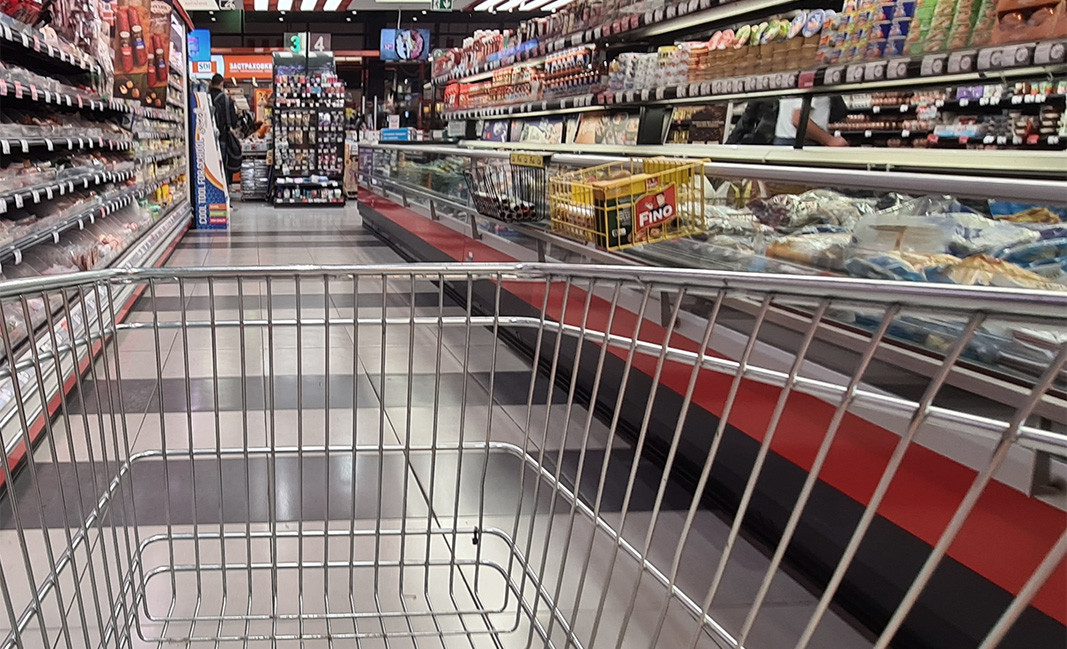The cost of living for a three-member family increased by 78 euros year-on-year. A three-member family of two employed people and a child needed EUR 1,307 of net monthly income at the end of 2023. However, two-thirds of Bulgarians receive payments that do not reach the level of salary needed for the sustenance of one person. In other words, they do not have enough money to live without deprivation. Moreover, about 1 million workers in the country earn less than 500 euros a month, the Institute of Social and Trade Union Studies at the Confederation of Independent Trade Unions in Bulgaria (CITUB) reported.
The minimum monthly salary in Bulgaria is around EUR 477, which means that it is two times smaller than the subsistence wage, i.e., the income that should cover the basic needs of the household. However, a total of 440,000 people receive a minimum wage, as most of them are employed in the private sector, CITUB experts point out. On the one hand, this raises the question of whether there is something hidden behind these incomes, and if there is additional, undeclared remuneration, shouldn't this be traced by the control authorities. On the other hand, the fact that one-fourth of the active population receives a minimum income is already a sign that our economy offers low skilled jobs.

The data also show that Bulgarians continue to receive low incomes and remain the poorest employees as compared to the other EU countries. Although the average monthly salary already exceeds EUR 1,000, nearly 40% of Bulgarians receive under EUR 500 a month.
"Against the backdrop of the constantly rising prices of most food products in the country, this makes us feel that we are getting poorer and poorer", said Plamen Dimitrov, President of the Confederation of Independent Trade Unions in Bulgaria. The prices of essentials have been increasing, although the overall inflation has subsided, trade unionists say. The increase in the price of the 20 essentials from the so-called 'small consumer basket' (items purchased by the poorest households) implies that inflation is not overcome.

Paradoxically, milk and cheese in Bulgaria are the most expensive compared to other European countries. A Bulgarian worker receiving the minimum wage can buy the products from the small basket only 7 times a month. For comparison, a worker receiving the minimum monthly salary in Germany can buy the products from the small consumer basket 32 times a month, a minimum salary in the Netherlands can buy the basket 30 times a month, and a minimum salary in Spain can buy the basket 24 times a month.
‘What is more worrying is that the rates of change in purchasing power deepen the income disparity between Bulgaria and other EU member states, Plamen Dimitrov noted and added
"People with low incomes cannot help but pay their monthly bills for electricity, water, heating, phone, etc. – they are first on the list. Things they cannot afford due to low incomes include various cultural and educational activities. They also save on new clothes, good food, vacation, etc. There all a number of constraints and people with an income below EUR 500 a month cannot live a full life in terms of the calories they need to survive until the next salary. A minimum salary of EUR 477 (and this is the gross amount, the net amount is even lower) does not make people confident about their subsistence. Those working on the minimum wage in Bulgaria cannot buy the products from the so-called small consumer basket twice a week."
Photos: BTA; BGNES
In its “Questions and Answers” section on the introduction of the euro, the Bulgarian National Bank has published a clarification on how the single currency should be denoted and written in accordance with EU regulations. The name of the..
The government approved the draft Law on the 2026 State Budget, as well as the Updated Medium-Term Budget Forecast for the 2026–2028 period. In connection with the introduction of the euro on January 1, 2026, all figures have been prepared in..
Citizens should remain calm about the introduction of the euro in Bulgaria from January 1, 2026, as the Bulgarian National Bank and commercial banks are ready for all processes related to the currency conversion and distribution of euro banknotes. This..

+359 2 9336 661
